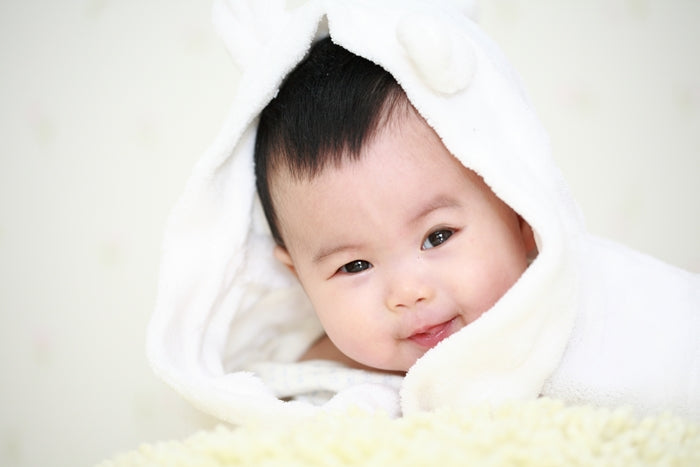Babies are easy targets for insects. It is important for parents to know how to prevent insect bites in babies that may be harmful to their health. Generally, insect bites can be prevented and treated through the parents’ awareness and alert response. Instead of searching for the best insect repellant for babies, try following these tips on preventive measures to protect your baby from those nasty insect bites.
Prevent and Treat Insect Bites for Babies to Sleep Tight
1. Wear proper clothes that won’t expose your babies to insects.
Don’t let the warm weather in the Philippines prevent you from dressing up your babies with clothes that cover their arms and legs. Wearing long sleeves and pants can protect them from insect bites. Turn on electric fans or air conditioners to make them feel comfortable and safe while sleeping. Let them wear white clothes during bedtime for you to see mosquitoes and other insects roaming or flying around your babies while they are sleeping.
2. Use mosquito nets to cover babies’ cribs, beds, or strollers.
You can’t always stay awake to drive the insects away from your baby. Covering their cribs with mosquito nets while sleeping can be the best solution to protect them from insect bites. Always make sure that your windows are well maintained and free from holes. Avoid opening the windows at bedtime and use electric fans to drive away mosquitoes.
3. Always stay vigilant and careful when strolling outdoors with your baby.
Avoid mosquito-prone areas when travelling outdoors with your baby. Keep your surroundings clean and look out for possible breeding grounds for mosquitoes such as stagnant water and open drains. Do not forget to dress up your babies with proper clothes that can keep them well-covered and protected from insect bites.
4. Use natural, chemical-free, home remedies for mosquito bites.
Do not use repellents for insect bites for babies who are two months and below. You can use all-natural insect repellents for babies such as citronella to keep your babies safe from chemicals that are present in common repellent products. Do not apply repellent around your babies’ eyes, mouth and hands.
If your baby has a skin condition, your will need to research further on things like insect repellant for babies with sensitive skin or insect repellant for babies with eczema, so as not to trigger any allergies and rashes. Apply the repellent lightly and only on your babies’ exposed skin areas.
5. Try natural home-made remedies for insect bites.
Mosquito bites can be so itchy. Apply a cold compress to the affected area to help lessen itching and swelling. You can also try applying water and baking soda to minimize itching. Honey and lemon peels can also be applied to the bitten area to prevent infection. Apple cider vinegar can also be applied on the insect bite.
There are also natural or herbal insect repellants you can mix depending on your baby’s age. For example, dried bay leaves, rosemary (dried or fresh), eucalyptus (dried), lavender (dried or fresh), and olive oil, is a great insect repellant for newborns. Remember to be careful when using herbs. Match your baby’s age to the herbs you are using.
Conclusion
Insect bites on babies can be difficult. Watch out for signs like infections, swelling, fever, headaches and vomiting after an insect bite. If your baby has any of these symptoms, bring him/her to a doctor immediately to detect infections and other complications.
sources:
http://www.momjunction.com/articles/effective-treatments-to-cure-bug-bites-in-babies_0075890/
http://www.newkidscenter.com/Mosquito-Bites-On-Baby.html
https://www.askdrsears.com/topics/health-concerns/childhood-illnesses/insect-bites
http://www.nhs.uk/Conditions/Bites-insect/Pages/Prevention.aspx
http://visihow.com/Make_Homemade_Insect_Repellent_for_Babies





